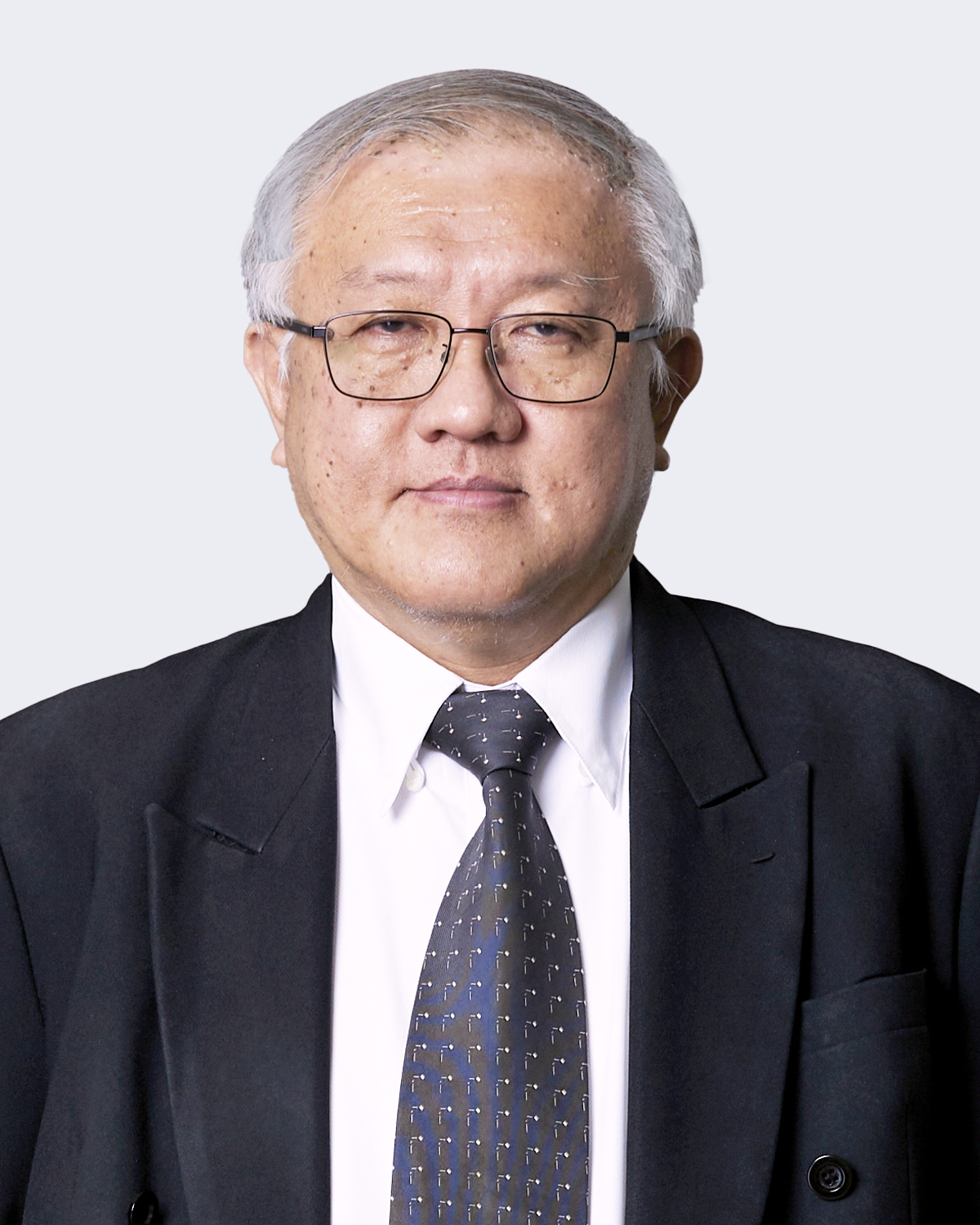Thailand has previously established the Oil Fund in accordance with Prime Minister’s Order No. 4/2547 on 23 December 2004 (“Order”), which required the implementation of a series of measures aimed at resolving and preventing oil shortages.
However, due to the potential impact of global fuel price fluctuations on the stability of domestic fuel prices, the Oil Fund Act B.E. 2562 (“Act”) was issued on 27 May 2019 and came into force on 24 September 2019. This upgraded the Oil Fund established under the Order, with the objective of stabilizing domestic fuel prices and preventing domestic petroleum oil shortages.
The Oil Fund established under the Act falls under the supervision of the Oil Fund Office, and it is aimed at stabilizing domestic fuel prices in the case of a fuel crisis. The Oil Fund will be operated in accordance with fund management policies determined by the National Energy Policy Council.
The Act requires the following persons to contribute to the Oil Fund: (1) a producer or a distributer of fuel, which is a refinery, for fuel that is produced in Thailand, by contributing to the Excise Department; (2) an importer of fuel into Thailand, by contributing to the Customs Department; and (3) a buyer or receiver of liquefied petroleum gas derived from the separation of natural gas that was purchased or received from a concessionaire government or the recipient of a product sharing contract, by contributing to the Department of Mineral Fuels.
Moreover, the Act also specifies that the above persons are qualified to receive a subsidy disbursed from the Oil Fund, which will be calculated in accordance with the volume of the fuel that is produced, distributed, or imported into Thailand, or the volume of liquefied petroleum gas that is bought or received.
The Act defines “fuel” as gasoline, kerosene, diesel fuel, fuel oil, similar oil, or oil for similar engines, and crude oil that is used, or may be used, as a raw material in a refinery, or to produce the aforementioned products. It also includes liquefied petroleum gas, natural gas for vehicles, or fuel that is derived from other things prescribed by the Minister. However, the term “fuel” is not inclusive of “fuels composed of biofuels”, and this may affect producers of materials that are used to produce fuels that are composed of biofuels.
The Act also specifies the transitory provisions relating to the disbursement of a subsidy for fuels composed of biofuels, by determining that subsidies disbursed from the Oil Fund for such fuels will be continued for a period of up to three years from the date on which the Act came into force. In the case where the disbursement of such a subsidy is necessary, the Cabinet may extend the disbursement period no more than two times, whereby each extension will not exceed two years. However, the Oil Fund Management Committee may announce criteria, procedures, conditions, and measures to lower the subsidy disbursements every year, with the approval of the Cabinet.
This article first appeared in the June 2019 edition of PTIT Focus, the Petroleum Institute of Thailand’s monthly newsletter. The article was published in both English and Thai.







